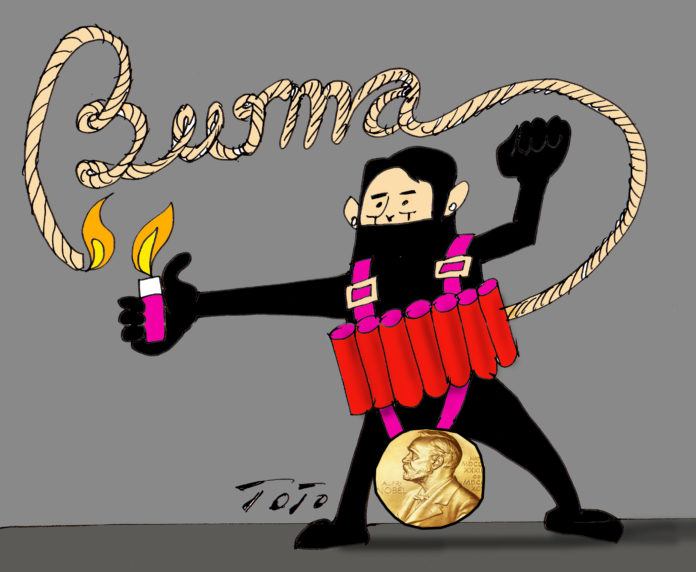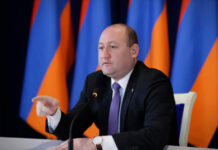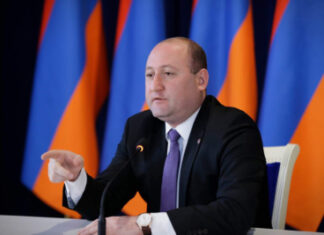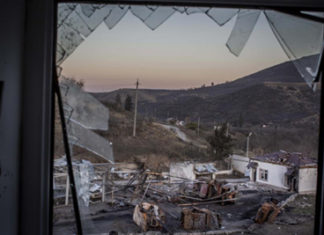Once again, the human conscience is bleeding when actions to stop a genocide become hostage to political expediency. Genocide, particularly in modern times, has become a convenient method or tool to expel or exterminate indigenous people to usurp their land, properties and wealth and it is exercised when political conditions are ripe for that kind of crime.
We need to remember that the Armenian Genocide took place during World War I and the Jewish Holocaust during World War II. Cambodia, Rwanda, the Balkans and Darfur all had their particular hallmarks and political circumstances to make mass murder continue unhindered.
Today, mankind is facing another genocide, this time around in Myanmar, and again political expediency is in action to halt the crime in its tracks.
The hearts of Hillary Clinton, Susan Rice and Samantha Power were bleeding in view of the dictatorial treatment of the Libyan people by the regime of Muammar Gadhafi, and they worked to topple him, destroying the most egalitarian regime in the Middle East. Yet today the US State Department is hesitating to define the ethnic cleansing of the Rohingya people as a genocide, allowing the Myanmar military to continue its grisly campaign and bring it to completion.
On September 3, the United Nations released a report on its findings on the atrocities carried out by the Myanmar military against the country’s Rohingya minority. Those atrocities include the mass executions of villagers, the public rapes of women, the burning of entire villages to the ground and deporting the survivors to neighboring Bangladesh.
During recent months, 720,000 Rohingyas have been deported to Cox’s Bazar in Bangladesh, to join 200,000 of their kin who had been deported there earlier.








